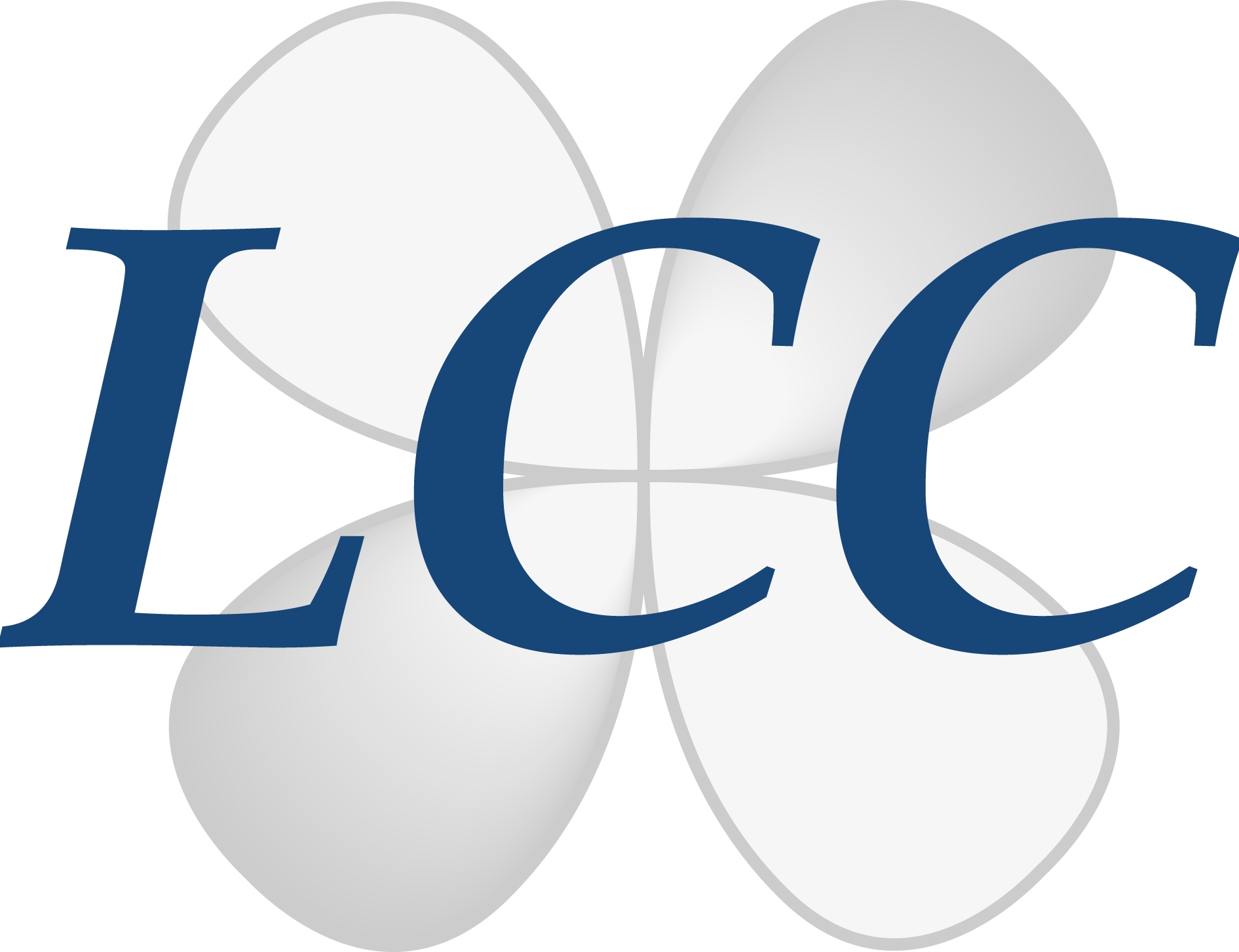Functionalized silica nanobeads as Tools for organic solvent-free catalysis and biomass valorization
CHEMISTRY & GREEN CHEMISTRY

Lab: LCC
Duration: NanoX master Internship (8 months part-time in-lab immersion)
5 months full-time internship
6 months full-time internship
Latest starting date: 15/02/2022
Localisation: LCC-IUTA
Avenue Georges Pompidou CS 20258
81104 CASTRES - FRANCE
Supervisors:
Dominique AGUSTIN, Associate Professor HDR dominique.agustin@iut-tlse3.fr
-- dominique.agustin@iut-tlse3.fr
This research master's degree project could be followed by a PhD
Work package:
The G group of LCC (part at Castres) develops greener catalytic methods focused on organic solvent-free processes [1] and/or supported catalysts. Recently, polyoxometalates (POMs) ionically grafted on Merrifield resins [2] or functionalized nanosilica beads [3] exhibited catalytic properties towards (ep)oxidation. The beads have been also used to replace one reagent [4]. The aim of this project is to extend the nature of functionalizations on Stöber-nano silica beads not only to graft catalysts (POMs or tin clusters for oxidative transformation of natural substrates) but also to use those beads to replace reagents and/or to mimick solvents. The objects will be fully characterized by several techniques present in Castres or Toulouse. All the synthetic and catalytic work will be done in Castres.
References:
[1] B. Guérin, D. Mesquita Fernandes, J.-C. Daran, D. Agustin, R. Poli, New. J. Chem. 2013, 3466-3475.
[2] J. Pisk, D. Agustin, R. Poli, Molecules. 24(4), 2019, 783.
[3] Y. Wang, F. Gayet, P. Guillo, D. Agustin, Materials, 12(20), 2019, 3278.
[4] Y. Wang, F. Gayet, J.-C. Daran, P. Guillo, D. Agustin, Molecules, 2021 submitted
Areas of expertise:
Stöber process, inorganic chemistry, (ep)oxidation catalysis, coordination chemistry, infrared, DLS, TEM, NMR
Required skills for the internship:
knowledge of characterization techniques, basics in catalysis
